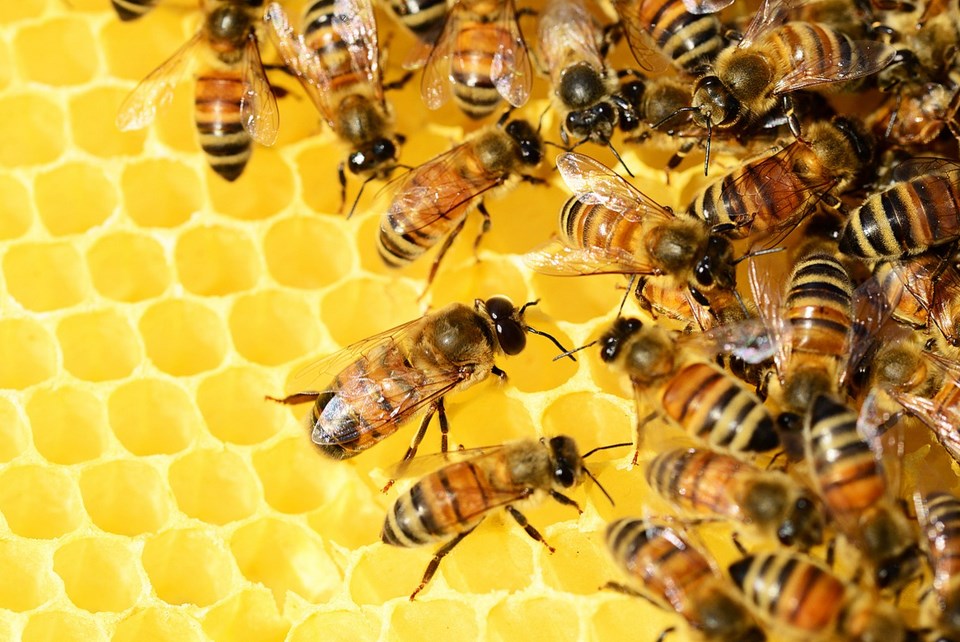Delta wants to be formally recognized as a bat friendly city as well as a bee friendly city.
Council last week endorsed a staff recommendation to submit an application for certification as a Bat Friendly Community to the B.C. Community Bat Program and as a Bee City with BEE City Canada, a federally-registered charitable organization.
A staff report notes B.C. communities already certified as Bat Friendly include Dawson Creek, Peachland and Richmond.
Being designated as "Bat Friendly" would enhance public awareness of the many benefits of supporting bats in the Delta. The report also notes one of the goals of Delta's Birds and Biodiversity Conservation Strategy is that "the community understands and values Delta's natural resources".
More than 3,000 bats are estimated to have taken residence in the historic Burr house at Deas Island Regional Park, making it the largest known bat colony in the Lower Mainland.
To be eligible for a Bee City designation, the city would be required to sign a resolution stating its goals to promote healthy pollinator habitat, the report notes, adding that the designation would allow Delta to set an example for and inspire residents to take action to protect pollinators and connect people with nature.
“Delta has already been taking action to protect and conserve the bee population for many years. Delta's Zoning Bylaw permits beekeeping as an accessory use to single-family and duplex dwellings, and for education purposes in Public zones. Delta has been administering the Mason Bee Box program at a number of parks throughout Delta since 2011.
The Douglas J. Husband Discovery Centre also has an installation planned that includes fruit trees and beehives, highlighting the importance-of pollinators to the agricultural community. To further fulfil the commitments of the Bee City designation, staff propose to develop plans and guidelines to incorporate more pollinator-friendly native flowers into civic garden beds and rain gardens.”



